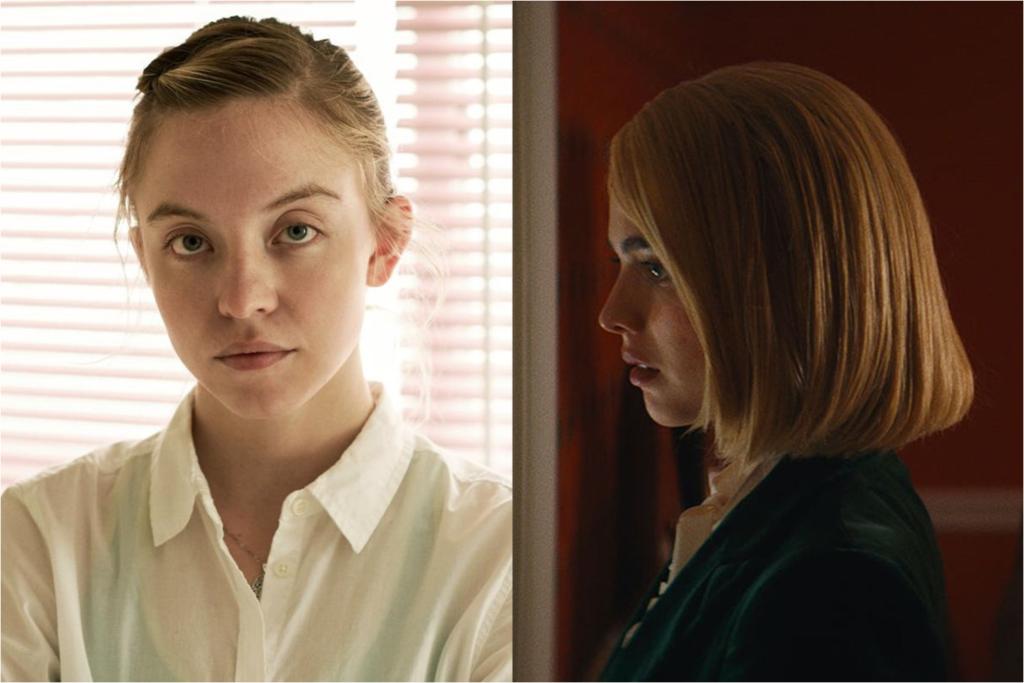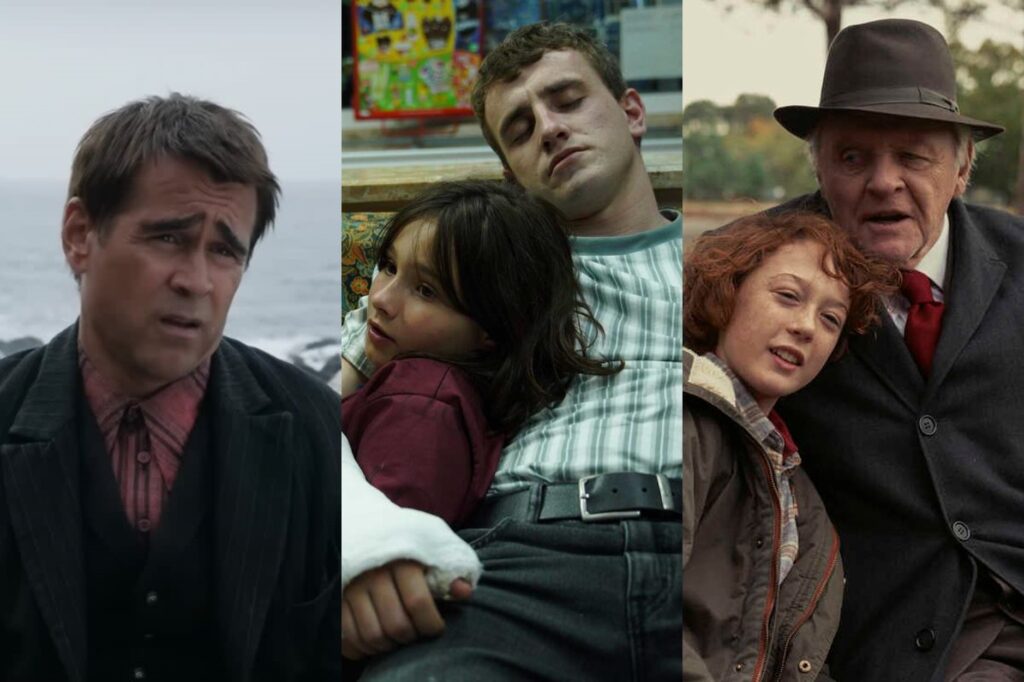In the Chamber Dramas “Reality” and “Sanctuary,” Women Fight the Power

If television can have bottle episodes, can cinema have bottle movies? It probably isn’t worth the taxonomic trouble, given that TV critics routinely rant about how the term is misused. (Traditionally, “bottle episode” describes an installment that’s shot on a single set with no guest stars; it’s gained favor of late as a stylistic departure, but its primary motivation used to be financial rather than artistic.) Still, the minimalist concept—confined location, small cast—isn’t unique to television; plenty of feature films deploy a similar chamber-drama format, attempting to turn their modest mise-en-scène into showcases for narrative suspense and psychological complexity.
Last month saw the release of two such pictures—Reality, a fact-based docudrama about intelligence analyst Reality Winner, and Sanctuary, a two-hander about a sex worker and her wealthy client—both of which feature women trying to claim a measure of agency within a patriarchal structure. In one, the power dynamics are patently lopsided from the start; in the other, they’re the fulcrum of an ever-shifting battleground. Read More




